Introduction to MDS O 300mg Tablet
MDS O 300mg Tablet is prescribed to treat adults diagnosed with Myelodysplastic syndrome (MDS) and Acute myeloid leukemia (AML) when they are deemed ineligible for stem cell transplant. Myelodysplastic Syndrome occurs when the bone marrow fails to generate healthy blood cells due to impaired function. Acute Myeloid Leukemia is characterized by the release of immature blood cells into the bloodstream, leading to bone marrow cancer.
Uses of MDS O 300mg Tablet
- Treatment of Acute Myeloid Leukemia with 20-30% blasts in patients who are not eligible for Haemopoietic stem cell transplant
- Intermediate-2 and High-risk Myelodysplastic syndrome (MDS)
Therapeutic Effects of MDS O 300mg Tablet
In both MDS and AML, tumor cell development is instigated by the transcriptional repression of different genes, a consequence of DNA hypermethylation. Transcriptional repression involves proteins directly or indirectly binding to DNA, regulating the process of copying specific genes or sets of genes. The active form of MDS O 300mg Tablet interacts with RNA and DNA, disrupting their function in rapidly dividing cells, thereby exerting a toxic effect on cancerous cells.
Interaction of MDS O 300mg Tablet with other drugs
Notify your doctor regarding any prescribed medications, over-the-counter drugs, dietary and vitamin supplements, as well as herbal products you are currently taking or have taken previously. Some medications may interact with MDS O 300mg Tablett, potentially leading to unwanted side effects.
More Information about MDS O 300mg Tablet
How to consume MDS O 300mg Tablet
Only use MDS O 300mg Tablet under the supervision of your physician. Your dose will be determined by your height, weight, and overall health condition, as directed by your physician. MDS O 300mg Tablet is administered under the skin of your thigh, stomach, or upper arm.
Safety Advices for MDS O 300mg Tablet

Pregnancy
MDS O 300mg Tablet could be harmful to the unborn fetus. Inform your physician if you are pregnant or planning to get pregnant.

Breast Feeding
Breastfeeding is not intended for patients on MDS O 300mg Tablet therapy. Consult your physician for advice.

Liver
MDS O 300mg Tablet should be used with caution in patients with liver disease. Dose adjustment of MDS O 300mg Tablet may be needed. Please consult your doctor. Use of MDS O 300mg Tablet is not recommended in patients with advanced liver cancer.

Alcohol
It is not known whether it is safe to consume alcohol with MDS O 300mg Tablet. Please consult your doctor.

Driving
MDS O 300mg Tablet may cause side effects which could affect your ability to drive. MDS O 300mg Tablet can cause side effects such as tiredness and this may affect your ability to drive.
Side Effects of MDS O 300mg Tablet
Serious:
- Unexpected bleeding, with blood in stool and urine
- Fever
- Pneumonia, characterized by chest pain or breathlessness.
- Allergic reaction with symptoms of swelling of lips, itching or rashes.
- Seizures, loss of consciousness, severe headache or bleeding in the brain
- Frequent urination with pain or burning sensation
Common:
- Disturbances in the blood count (RBC, WBC, Platelets)
- Nausea, vomiting, diarrhea
- Constipation
- Tiredness
- Skin reaction like redness and pain at the site of injection
- Decreased appetite
- Dizziness
- Pain in extremities
- Joint pain
- Stomach pain
- Headache
- Sore nose and throat
- Rashes and bruising
Word of Advice
FAQs
Q 1. How to use MDS O 300mg Tablet?
Take MDS O 300mg Tablet only under the supervision of the physician. Doctor’s will decide the dose based on patients height, weight and general condition. MDS O 300mg Tablet is administered under the skin of your thigh, stomach or upper arm.
Q 2. Does MDS O 300mg Tablet cause hair loss?
No, MDS O 300mg Tablet does not cause hair loss even after using it for a prolonged period of time.
Q 3. How does MDS O 300mg Tablet work?
MDS O 300mg Tablet binds to RNA and DNA, interrupts their activity in actively multiplying cells and exhibits a toxic effect on cancer cells.
Fact Box of MDS O 300mg Tablet
Indications:
1. Treat advanced or metastatic non-small lung cancer (NSCLC), 2. To Treat Advanced or metastatic pancreatic cancer.
 MEDICINES
MEDICINES PATIENT ASSISTANCE PROGRAMS
PATIENT ASSISTANCE PROGRAMS IMPORTED MEDICINES
IMPORTED MEDICINES CONTACT US
CONTACT US Upload
Upload

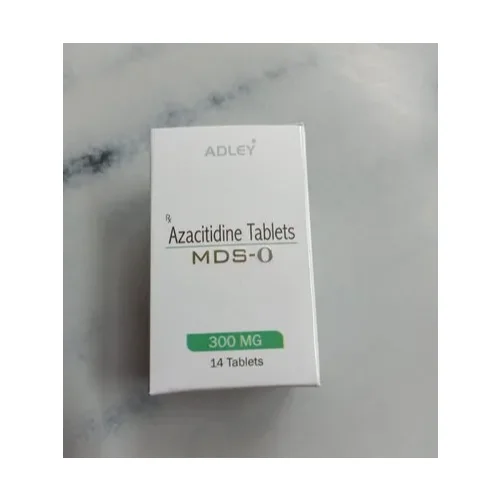



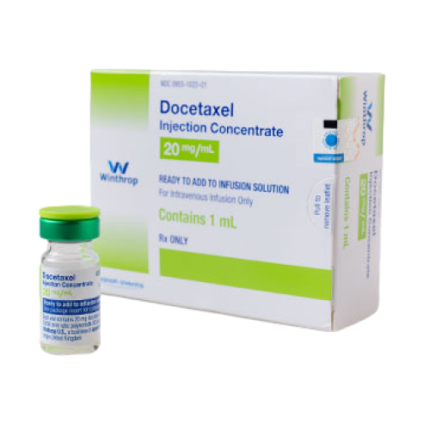


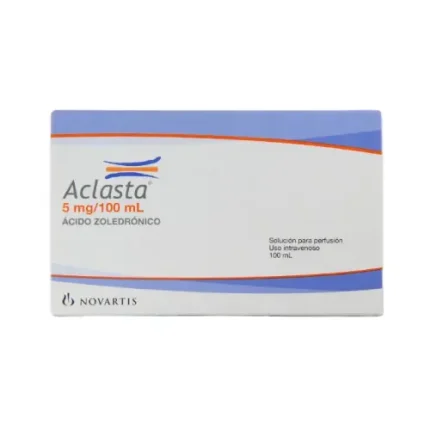
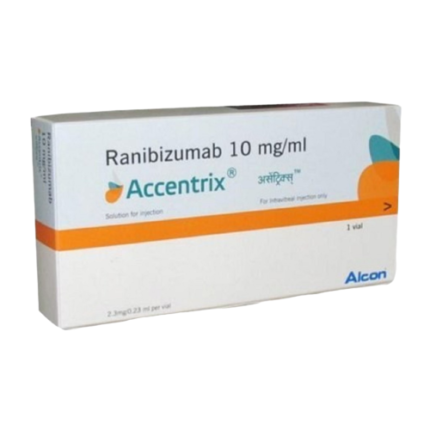

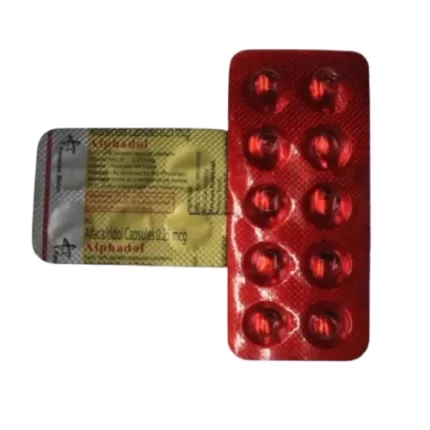
Reviews
There are no reviews yet.